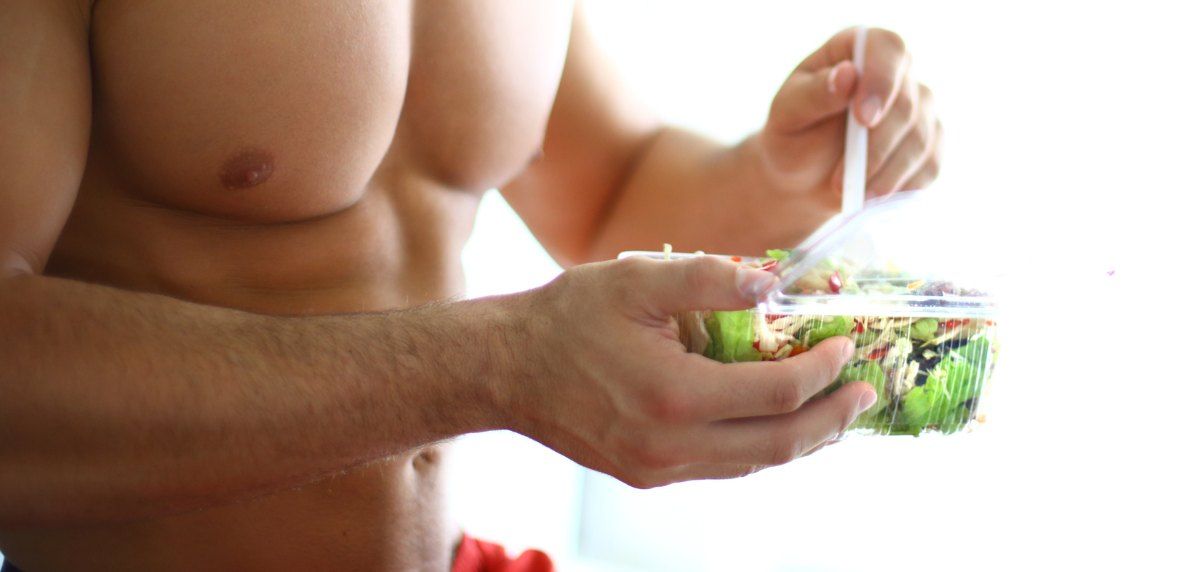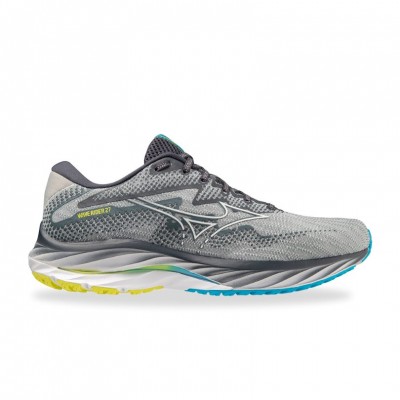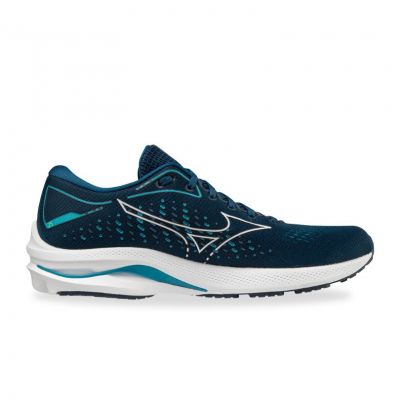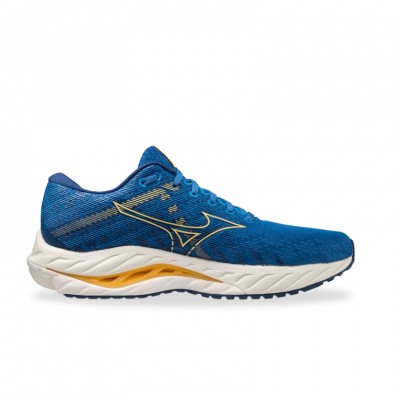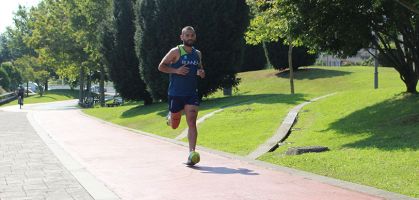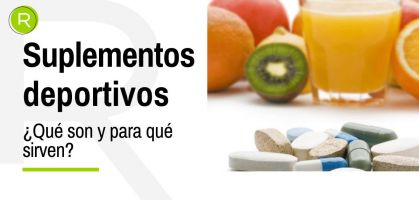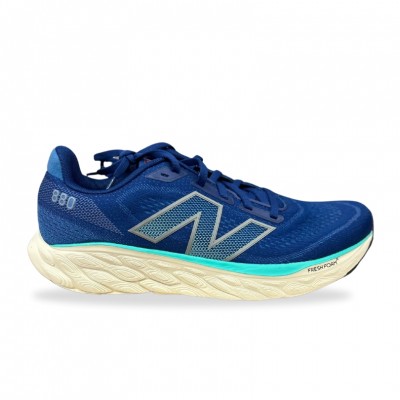Don't worry, it is a very common phenomenon among athletes and active people to feel hungrier on those rest days than on intensive training days. But why does this happen? At RUNNEA we have talked to our team of nutritionists to try to explain this curious phenomenon so we can offer you advice on how to handle this situation.
Hunger on rest days is completely normal. What you eat on these days will serve as fuel for your next workout. Eating nutrient-rich foods helps prevent injury, protects your bones, promotes cognition and helps your hormones function properly. These body systems are at work whether you are training or resting at home. Let's try to explain in a simple way why this is happening.
Looking for a new pair of shoes?
We help you find the best fit for you and your budget in a few simple steps.
LET'S START
Reasons why you may feel hungrier on rest days.
- 1. Hormonal balance: When you exercise, your body releases stress hormones, such as adrenaline and noradrenaline, which can temporarily suppress your feelings of hunger. But when you relax and rest, your body produces more ghrelin, the hormone that makes us feel hungry, in an attempt to replenish energy reserves that have been expended during training.
- Muscle and energy recovery needs: After an intensive workout, your muscles need time to recover. This recovery process requires energy, and your body asks for food to obtain it. In addition, your body seeks to replenish its glycogen stores, which is the main source of energy during exercise.
- Less distraction from physical activity: On non-exercise days, you may find that you are hungrier simply because you have more time to think about food. When you're busy exercising, it's easy to ignore hunger cues, but when you relax and give yourself a break, those cues may become more apparent.
- 4. Changes in sleep patterns and stress: If rest days coincide with more sleep or stress relief, this can affect your levels of ghrelin and leptin, the hormones that control appetite, leading to increased feelings of hunger.
How to eat properly on rest days
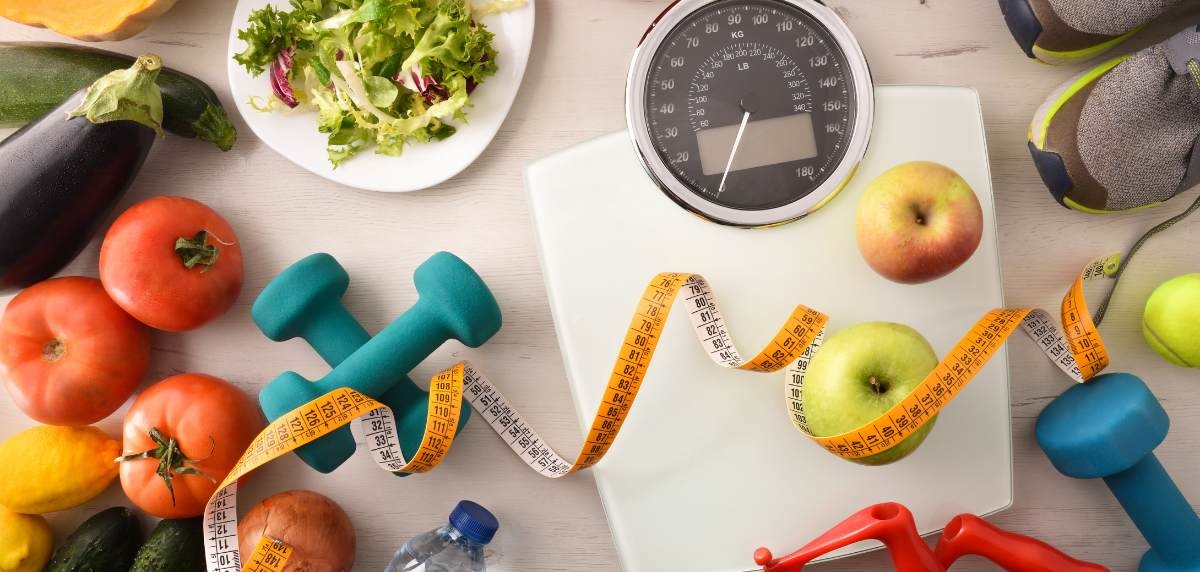
- 1. Prioritize protein-rich foods
Protein helps you build muscle and can ease the pain of all those push-ups and burpees. Foods like eggs, dairy, nuts and seeds, fish, tofu and tempeh are good choices. Adult athletes and very active people need 05 to 1.0 grams of protein per libra of body weight.
- 2. Don't leave out carbohydrates.
You can think of carbohydrates as a crucial source of quick energy during training, but they are also important for your recovery. Complex carbohydrates such as peas, lentils and whole grains restore glycogen, an important energy source for the human body.
- 3. Don't forget fruits and vegetables
You knew it as a child and it's still true: you need to eat fruits and vegetables. Berries, bananas and other fruits contain vitamins and minerals that support your immune system. They also contain fiber, which will help you feel full on your recovery days.
- 4. Add fats to your plate
Healthy fats support brain function and concentration, and help reduce inflammation.
- 5. Hydrate, hydrate, hydrate
Water is essential to keep your body functioning optimally. Be sure to drink enough, especially on your rest days.
Remember, each individual is unique and may experience variations in appetite. As a sports nutritionist, I always recommend listening to your body and providing it with the nutrition it needs. A balanced diet and moderate exercise are essential to maintaining a healthy lifestyle. In conclusion, it is normal to be hungrier on rest days. The important thing is to understand why it happens and how to manage it in a healthy way. Remember to always listen to your body and give it the nutrition it needs to recover and prepare for your next workout.
Read more news about: Nutrition
